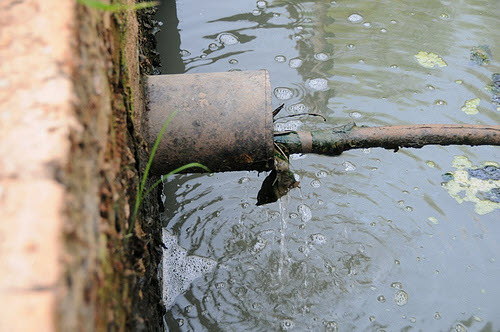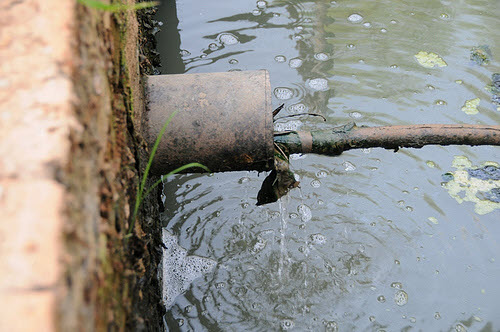It’s been a while since we’ve covered one of my favorite topics: poop to power. Between humans and livestock, we produce an awful lot of poop… and the methods we currently use to deal with all that mess use a lot of energy and clean water.
Like other companies we’ve covered in this space, the folks at startup Pilus Energy see a lot of potential in that poop. Energy can be extracted from organic wastes; water used to transport the waste can be cleaned for reuse. In other words, value can be extracted from that wastewater, both in an economic and environmental sense. The trick, of course, is creating an efficient technology to extract that value. Pilus’ concept for turning poop to power (and water and biogas) combines synthetic biology (or genetic engineering, if you prefer) with fuel cell technology.
I’m quickly getting out of my comfort zone; here’s a video from Pilus that details the technology:
http://www.youtube.com/watch?v=qGMds0u6PWk
Pretty cool, huh? Of course, I also know that the phrase “genetic engineering” sets off alarms for some; in a case like this, you may well wonder “OK, but what if these BactoBots get into the environment?” That’s a fair question, and one that the folks at Pilus have considered. They’ve come up with a solution that not only keeps the genetically enhanced bacteria in place, but also protects the company’s intellectual property. The shorthand for this solution is GeRM keys:
Genetic Rights Management (GeRM) keys are trade secret, inert, non-toxic molecules that are added to the feedstock before it comes in contact with the Bots. If the keys are not present in the feedstock the BactoBots will self-destruct starting with their DNA and RNA.
Of course, developing all of these ideas will cost money, so Pilus has launched an Indiegogo campaign to raise the funds for initial development. Unlike many other crowdfunding projects, they’ve gone the extra step of planning out what they’d do with funds raised above the threshold they’ve set. And they’ve created some pretty unique rewards for contributors. If you’d like to be a part of this renewable energy and clean water technology, consider contributing to their campaign (which still has 30 days to go).
I’m not a scientist or engineer, so I’d love to hear from those of you who are. What do you think of the concept Pilus has created? Share your thoughts with us…
The post was generously sponsored by Pilus Energy.
Image credit: indiawaterportal.org via photopin cc


